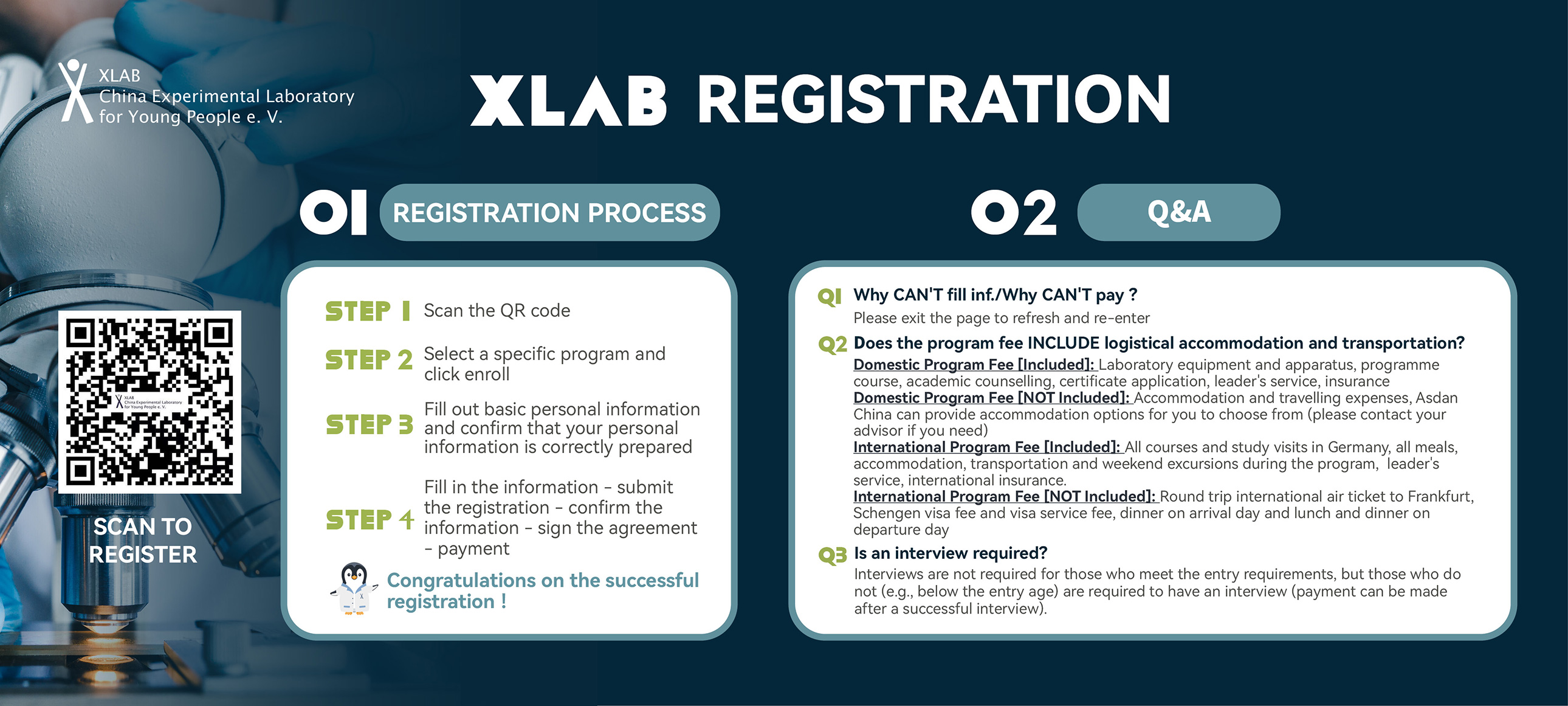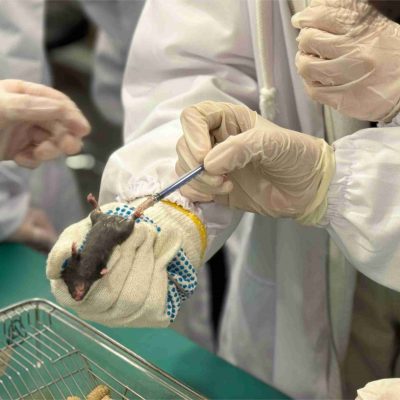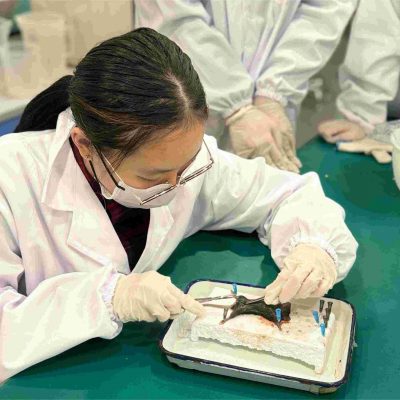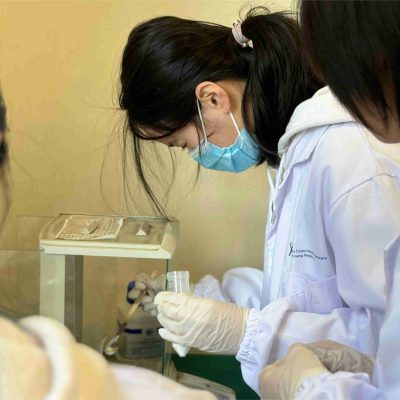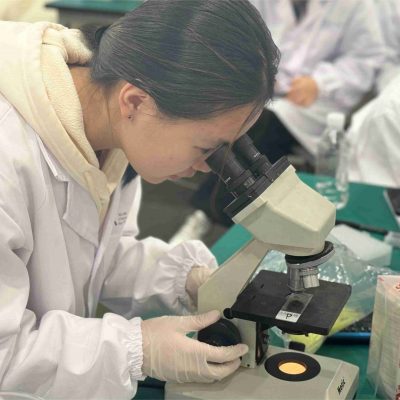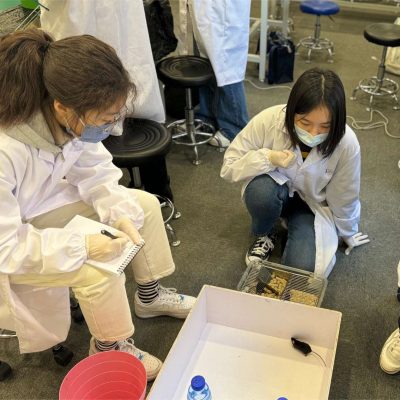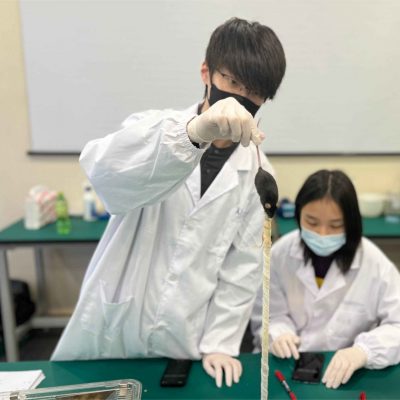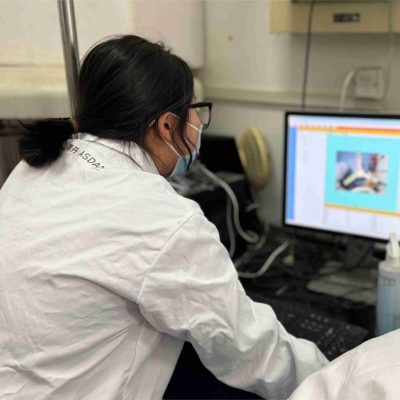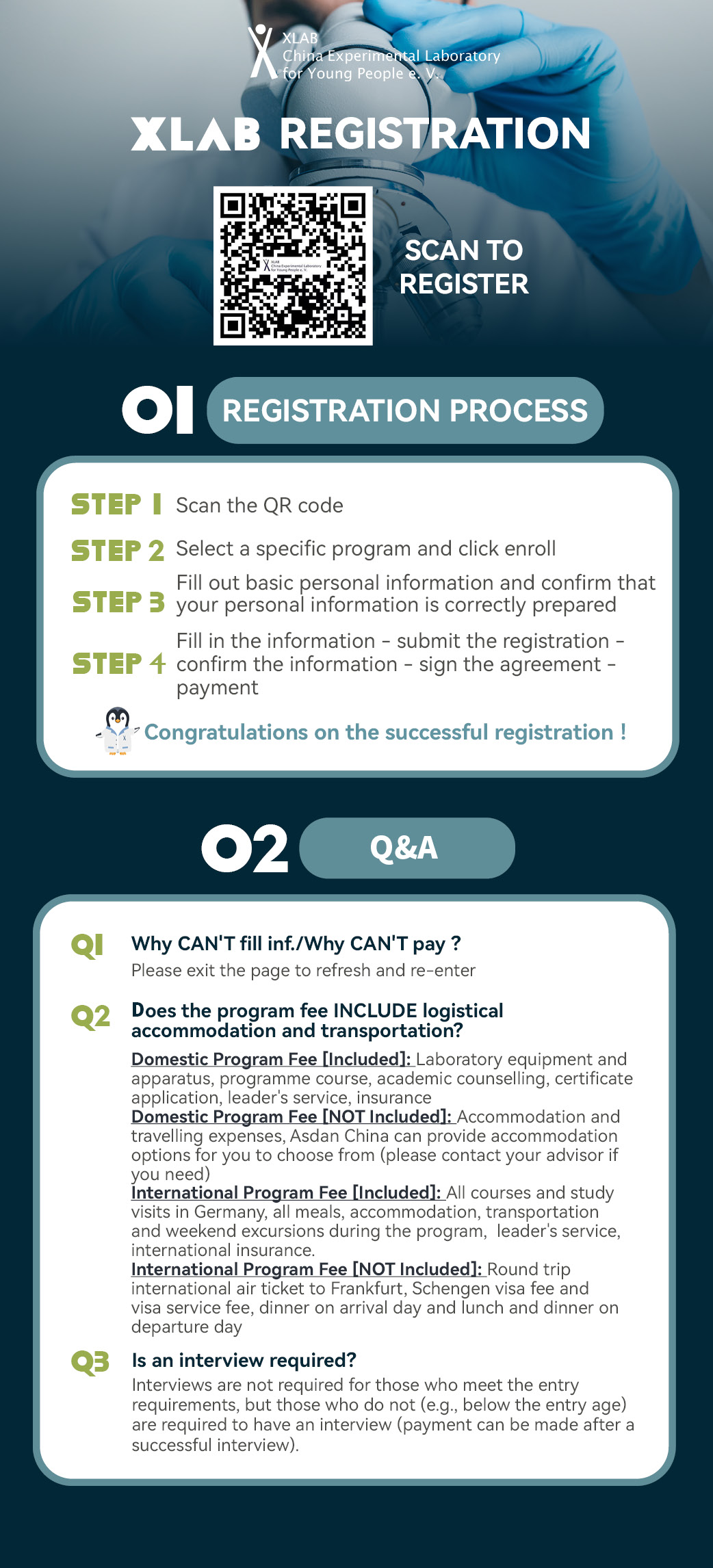Mathematical Modeling and Scenario-based Practice
 Shenzhen
Shenzhen
Date:【Christmas】Dec.27th - Dec.31st, 2025
Subjects: Mathematics, Computer Science

Mathematical modeling is a powerful mathematical tool that applies the language and methods of mathematics to simplify real-world problems, enabling approximation and "solving" them effectively. Nowadays, mathematical modeling can be used to solve a variety of issues. This program collaborates with experts to study the relevant concepts and theories of mathematical modeling systematically.
Through practical applications in areas such as investment model construction, aircraft flight scheduling, and infectious disease transmission models, students will deeply understand the critical role of mathematical modeling in solving different problems.
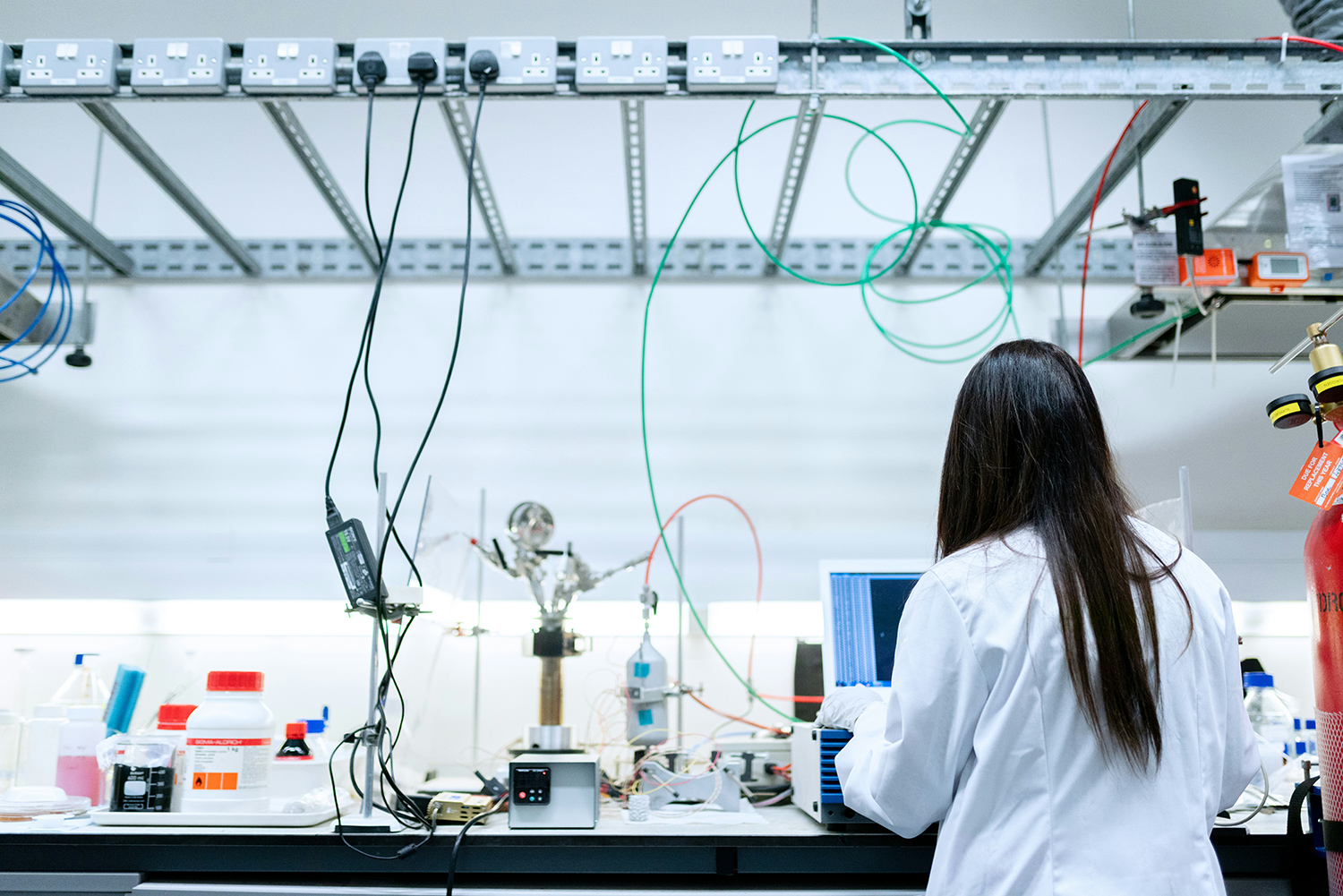
Teaching Faculty
Experts in computer science from national research institutes are specially invited.
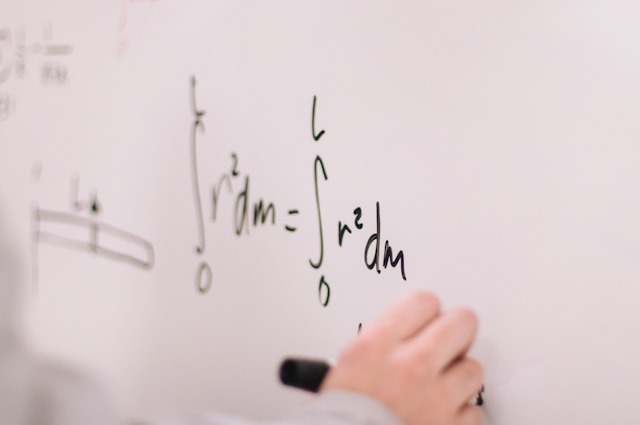
Cutting-edge Topics
Systematically learn the related concepts and theories of mathematical modeling.

Real Lab Practice
Experimental practice in constructing investment models, aircraft flight scheduling, infectious disease transmission models, etc.

Outcome Application
Research outcomes for exploring the crucial roles of mathematical models in solving different problems.
Main Experiments
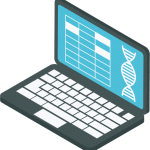
Python Programming Fundamentals
Investment Planning Income
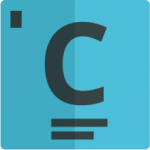
Flight Management Scheduling
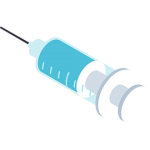
Forecast of Infectious Diseases
Python Programming Fundamentals
Investment Planning Income
Flight Management Scheduling
Forecast of Infectious Diseases
Certificates
).png)
CERTIFICATE OF ASDAN SCIENCE
ASDAN SCIENCE SHORT COURSES CREDIT ACCREDITED BY UCAS

CERTIFICATE OF COMPLETION ISSUED BY XLAB CHINA

项目感言
-
 这次活动给我带来了非常大的收获,首先我学会了团队协作的重要性,很多实验一个人是无法完成的,比如悬挂和吊杆,如果没有队员一起完成,是没法一个人捉老鼠和记录数据同时进行的,包括最后答辩的过程中的讨论也非常重要,其次就是做实验所需要的严谨性,做Elisa实验的过程中我们把孔板掉下去很多次导致实验结果不精准还有在新事物识别实验中计小鼠探索次数的主观因素导致结果对不上,还有移液枪的使用,刚开始因为没有分好一档和二档导致了很大的误差,对我的目标留学专业以后要做的事情有了进一步认知
这次活动给我带来了非常大的收获,首先我学会了团队协作的重要性,很多实验一个人是无法完成的,比如悬挂和吊杆,如果没有队员一起完成,是没法一个人捉老鼠和记录数据同时进行的,包括最后答辩的过程中的讨论也非常重要,其次就是做实验所需要的严谨性,做Elisa实验的过程中我们把孔板掉下去很多次导致实验结果不精准还有在新事物识别实验中计小鼠探索次数的主观因素导致结果对不上,还有移液枪的使用,刚开始因为没有分好一档和二档导致了很大的误差,对我的目标留学专业以后要做的事情有了进一步认知—— 北京潞河国际教育学园 彭同学

-
 这次xlab活动让我体验了很多不同的实验,每个都让我大开眼界,接触到了之前没有探索过的领域,也学习到了很多有意义的知识。其中Elisa实验给我留下了很深的印象,我们先学习了Elisa的实验原理,第一次听的懵懵懂懂,回来回家查了大量资料,看了许多相关视频,也做了很多笔记,分析错误数据的时候,在网上查找相关错误原因,回忆实验过程进行比对,过程中有遇到困难,但解决时的成就感让我感到了科研的快乐,同时在进行小鼠行为学实验时,我学会了科学运用有关实验器材,使用Excel进行数据处理,感受到了科学的精密程度,让我体会到科研是有趣的也是让我拥有成就感的。我在来xlab之前的目标专业是生物医学,这次经历让我进一步加深了对知识理论的理解,也让我实践体会了科学家们的生活,我很敬佩也很向往,我坚定了自己对生物技术的追求,希望在未来留学及就业时候可以继续研究与深造。
这次xlab活动让我体验了很多不同的实验,每个都让我大开眼界,接触到了之前没有探索过的领域,也学习到了很多有意义的知识。其中Elisa实验给我留下了很深的印象,我们先学习了Elisa的实验原理,第一次听的懵懵懂懂,回来回家查了大量资料,看了许多相关视频,也做了很多笔记,分析错误数据的时候,在网上查找相关错误原因,回忆实验过程进行比对,过程中有遇到困难,但解决时的成就感让我感到了科研的快乐,同时在进行小鼠行为学实验时,我学会了科学运用有关实验器材,使用Excel进行数据处理,感受到了科学的精密程度,让我体会到科研是有趣的也是让我拥有成就感的。我在来xlab之前的目标专业是生物医学,这次经历让我进一步加深了对知识理论的理解,也让我实践体会了科学家们的生活,我很敬佩也很向往,我坚定了自己对生物技术的追求,希望在未来留学及就业时候可以继续研究与深造。—— 大连市英领国际学校 李同学

-
 之前在学校只是理论知识,第一次在实验室感受到了化学反应的魅力,通过导师细心的讲解后,带领我们一步一步做实验思路变得非常清晰,在别的地方我们体验不到自己抓小鼠,解剖小鼠及对血清进行蛋白含量的检测这种机会,很难得体验到了这么生动的一课。我的目标专业是生物化学,更偏向医学一点,刚好和我的专业对口,也算是提前接触到了实验的整个流程,还是非常充实的。虽然也有时候会枯燥乏味,但实验过程的目标性非常强,让我知道自己在做什么,要得到什么结果。第一次尝试抓小鼠的我到现在从容的拿起小鼠放到盒子里确实是对我来说的进步,从理论到实操,我对生物化学产生了更大的兴趣。
之前在学校只是理论知识,第一次在实验室感受到了化学反应的魅力,通过导师细心的讲解后,带领我们一步一步做实验思路变得非常清晰,在别的地方我们体验不到自己抓小鼠,解剖小鼠及对血清进行蛋白含量的检测这种机会,很难得体验到了这么生动的一课。我的目标专业是生物化学,更偏向医学一点,刚好和我的专业对口,也算是提前接触到了实验的整个流程,还是非常充实的。虽然也有时候会枯燥乏味,但实验过程的目标性非常强,让我知道自己在做什么,要得到什么结果。第一次尝试抓小鼠的我到现在从容的拿起小鼠放到盒子里确实是对我来说的进步,从理论到实操,我对生物化学产生了更大的兴趣。—— 合肥一中 吴同学

-
 阿思丹组织的这次神经科学实验从每日的实验项目到每个小组的讨论与分析都非常紧凑,是一个很完美的实验项目。感谢各位老师,队友以及参与实验项目的负责人,让我们在北京相聚,这是一个非常难得的机会。我们学习知识,探讨生物专业领域的有趣的知识,结交了好朋友,开拓了新视野,对于我未来的生物领域继续深入研究有非常好的价值和意义。希望以后能参与全英文的科研项目,在国际课程中掌握更前沿的科学探讨。
阿思丹组织的这次神经科学实验从每日的实验项目到每个小组的讨论与分析都非常紧凑,是一个很完美的实验项目。感谢各位老师,队友以及参与实验项目的负责人,让我们在北京相聚,这是一个非常难得的机会。我们学习知识,探讨生物专业领域的有趣的知识,结交了好朋友,开拓了新视野,对于我未来的生物领域继续深入研究有非常好的价值和意义。希望以后能参与全英文的科研项目,在国际课程中掌握更前沿的科学探讨。—— 上海市民办万源城协和双语学校 李同学

精彩瞬间
Why Us
History
XLAB has a 20+ year history. It was initiated by Professor Neher of the University of Göttingen in Germany and strongly supported by the German government and the University of Göttingen. XLAB, centered around high-end scientific experiments, is widely favored by over 10,000 students yearly. XLAB has established practice centers worldwide, aiming to expand this unique concept and teaching method to reach more students.
XLAB aims to enable more people to learn and experience the joy of science, encouraging them to explore the mysteries of science and consider how to use science to solve human problems. Therefore, XALB's subjects are generally more complex in physics, biology, or medicine. Instead, they focus more on interdisciplinary, cutting-edge topics such as genetic engineering, medical research, nanobiology, medical chemistry, high-energy physics, and more.
Subject
Experiment
Experiments are the core of the XLAB. Each participant can enter advanced laboratories to conduct safe experiments, analyze data, and write experiment reports. Over six hours of scientific research daily enhances students' scientific knowledge and logical thinking and cultivates concentration and endurance. Students will be able to experience the work content and status firsthand and consider whether to choose a research direction in future education.
The courses in XLAB are unique. They consist of four key modules: Subject Introduction and Program Thinking, Scientific Research Teaching, Laboratory Operations, Experimental Data Analysis, and Research Report Writing. All courses are taught in small groups of 10 to 25 students.
Course
Faculty
Experts are invited to design experiments and teach students since the topics and content of XLAB exceed the curriculum of high schools and are specialized in specific research areas. Relevant scientific research institutions support XLAB China and provide an in-depth academic experience for Chinese students based on its unique teaching methods and experimental requirements.
Two authoritative certificates are available: the XLAB Program Certificate of Participation, which details the experimental content and is signed by instructors. Students will complete an academic report containing experimental results and data analysis to apply for the ASDAN "Science Award" Certificate for 30 credit hours of study officially accredited by UCAS.
Certificate
Research
XALB provides invaluable research scenarios for students who plan or are currently engaged in natural science research-oriented learning, such as EPQ or scientific papers, to implement their research plans and participate in hands-on scientific research. Experimental reports can be considered as part of their research achievements.

